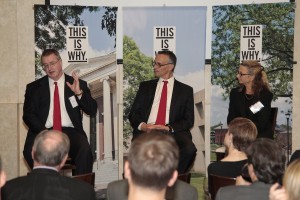At the beginning of the week, Ruth Weissman and I hosted over 90 faculty members for a lunchtime conversation about how best to coordinate residential education with what we do in the classroom. There were great ideas about how to link formal studies with the educative experience we want to happen through residential liberal education. There was general agreement that Wesleyan would be most empowering if we improved the coordination between the academic and co-curricular dimensions of campus learning.
After teaching on Tuesday, I headed to Los Angeles for an alumni event titled “How to Destroy Higher Education.” That was the title The Daily Beast gave one of my op-eds, and in LA I was to address the topic with Matthew Weiner ’87 and Dana Delany ’78. Lots of alumni and parents came out to the new offices of UTA, where we were hosted by Jeremy Zimmer P’12.
Dana spoke about a class on Proust that continues to be important to her decades later, and Matt said that all his work comes out of the cultural immersion championed by the College of Letters. We had a great time.
Alumni and parents from across the decades had a great time reconnecting or meeting for the first time.
(All photos by Maiz Connolly.)
I left LAX before dawn yesterday to head for Toronto, where Dr. Satoshi Omura was being honored with Canada’s prestigious Gairdner Prize. Dr. Omura is a great friend of Wesleyan and one of the world’s leading bioorganic scientists. His dedication to the idea that nature contains the compounds to help us deal with our greatest challenges has led to extraordinary improvements in public health. He discovered and developed the drug ivermectin, which is on track to eradicate onchocerciasis, or River Blindness. Millions of people across the globe have been taking ivermectin, and the results have improved countless lives.
In the program for this prestigious event, Professor Omura is wearing a Wesleyan cap, a wink back to the institution where he studied chemistry with Max Tischler in the early 1970s. I was so pleased to be part of the celebrations for this wonderful scientist!
Now, I’m off to Chicago for another discussion of why liberal education matters!
This is Why.



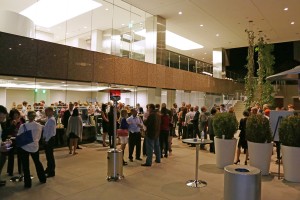
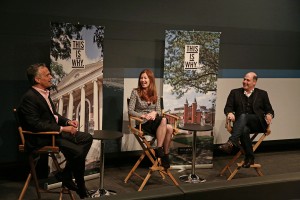
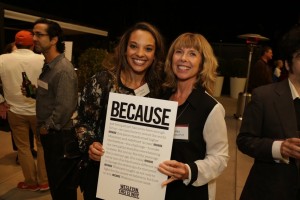
![alu_act_2014-1030092405[1][1]](https://roth.blogs.wesleyan.edu/files/2014/10/alu_act_2014-103009240511-300x200.jpg)
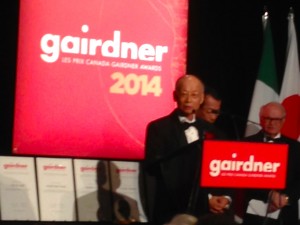
![FullSizeRender[3]](https://roth.blogs.wesleyan.edu/files/2014/10/FullSizeRender3-225x300.jpg)
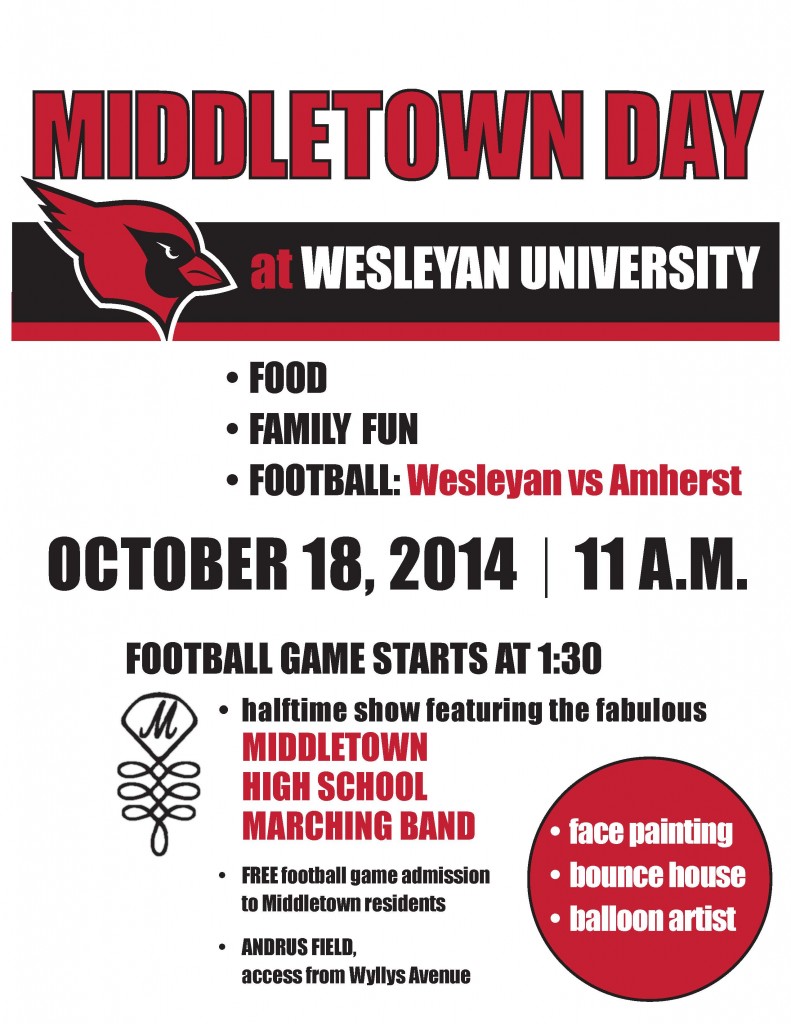
![FullSizeRender[1]](https://roth.blogs.wesleyan.edu/files/2014/10/FullSizeRender1-225x300.jpg)
![FullSizeRender[2]](https://roth.blogs.wesleyan.edu/files/2014/10/FullSizeRender2-300x225.jpg)
